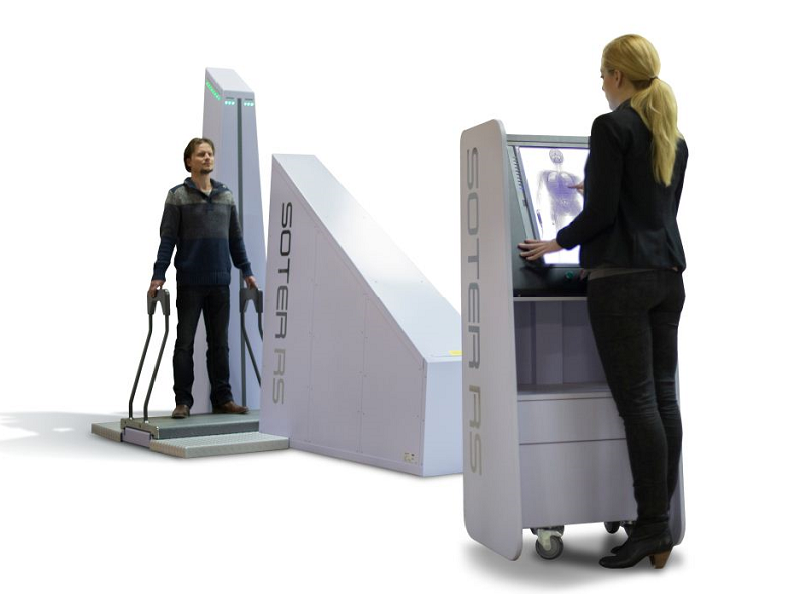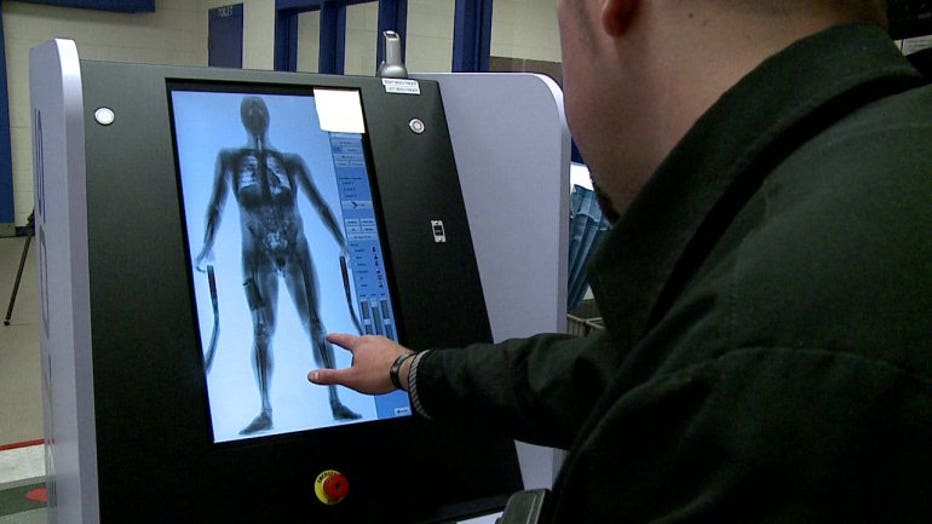
Leaders there found contraband to be the scourge of the facility before they startedįor years, Sheriff Dale Lancaster and jail administrator Major Cory Swope tried to decrease the amount of contraband entering the facility. Somerset County Jail in Madison, Maine, has about 70 officers and a capacity to hold about 234 inmates. As an additional layer to the screening process, body scanners can offer facilities another method to find metallic objects as well as contraband that metal detectors are unable to detect, such as narcotics and nonmetallic objects. In comparison, body scanners can be a cost-effective solution to intercepting contraband. According to the National Institute of Justice, wardens and correctional officials spend millions of dollars on metal detectors to curb the widespread use of contraband. For instance, cellphones smuggled into prisons can be used to plot murders, escapes and other criminal activities.

Often used to lace other narcotics, fentanyl is causing life threatening overdoses within inmate populations and for unsuspecting correctional officers when they are exposed to the narcotic.Ĭommunication devices can also wreak all kinds of havoc. Fentanyl, a synthetic opioid, is so potent that it can cause respiratory failure when trace amounts of it become airborne. Drugs create power struggles and disorder and pose the threat of harmful exposure and potential overdose. Weapons and drugs can pose a threat to the lives of both inmates and correctional officers.

One notable example involves an inmate in Atlanta who called himself “a motivational speaker for gangsters” in a video he posted online using a contraband cellphone while still in prison.

It’s an ongoing battle for law enforcement officials, who have to deal with inmates making headlines for possessing contraband. Whether it’s illicit drugs, cigarettes, cellphones or other prohibited items, contraband among prisoners nationwide remains a constant test for correctional officers.


 0 kommentar(er)
0 kommentar(er)
